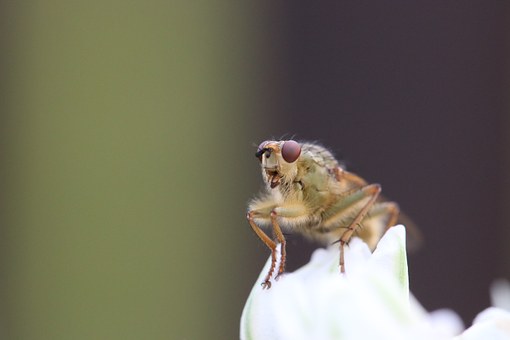If your goal is to outlive all your friends, here’s a bit of good news.
Fruit flies fed an herbal and probiotic mash lived up to 65% longer than their placebo peers in a new study. Not an insignificant result at all. These Drosophila flies mirror 75% of our human disease genes, making them suitable subjects for testing hunches. Also, they are inexpensive to culture, have a much shorter life cycle, make large numbers of externally laid embryos and can be genetically modified.
If your average human lives to 80—give or take of course, depending on gender, genetics, lifestyle, and luck—then with this special potion you may outlive Jeanne Calment, the Frenchwoman who lived 122 years.
The research from Susan Westfall and colleagues at McGill University in Canada appeared in the journal Scientific Reports: Longevity extension in Drosophila through gut-brain communication.
Strains from Lactobacillus plantarum, Lactobacillus fermentum, and Bifidobacteria longum were combined with the herb Triphala, which derives from three fruits: amalaki, haritaki, and bibhitaki which are used to treat various ailments in Ayurveda medicine.
While other studies point to the longevity effect with probiotics, this one added a popular herbal to the mix.
Some of the changes thought to be responsible for the life extension boon:
- Changes in insulin-like growth factor (IGF)-1 and insulin signaling; calorie restriction is thought to stretches lifespan this way.
- Fat metabolism changes as a driver of inflammation especially in obesity. Synbiotics may help prevent the proinflammatory state.
Both the probiotic and synbiotic formulations rescued markers of metabolic stress by managing insulin resistance and energy regulatory pathways.
Many age-related diseases such as neurodegeneration, cardiovascular disease, insulin resistance, diabetes, osteoporosis, cognitive decline, dementia, frailty, cancer and importantly, mortality are linked with chronic inflammation. Follow the link for important paper on this topic.
Immune systems grow old (immunosenescence); they respond badly to the pileup of damaged cells and their proinflammatory cytokines.
In fact, in elderly persons, gut microbiota typically looks proinflammatory:
- Higher Proteobacteria spp.
- Reduces helpful butyrate-producing bacteria
- Gut linings and walls grow weaker, unable to stop bacteria from invading the blood leading to more inflammation.
The stresses mount. Aging guts can’t handle the inflammation, oxidative stress, metabolic problems and lastly damage at the basic mitochondrial level.
“There will never be a single therapeutic or dietary solution to manage the mounting chronic diseases associated with aging; however, maintaining a healthy gut microbiota through the use probiotic and prebiotic supplements can delay chronic disease onset and promote longevity by simultaneously affecting each of the main triggers of aging.”
Thanks, Drosophila.

